Library
-
A recessed vulva, also referred to as a juvenile or hypoplastic vulva, is a conformational issue that occurs in female dogs. In this condition, the vulva is recessed within, or partially hidden by, surrounding folds of skin. Some dogs might have a recessed vulva for their entire life without ever experiencing any visible effects. In other dogs, however, a recessed vulva can predispose them to vaginitis and/or urinary tract infections. Depending on the severity of your dog’s clinical signs, medical or surgical options may be used to treat this condition.
-
Cats have evolved to hide signs of illness and pain. This means that in the early stages of illness, often the only thing that a cat owner may notice is that the cat has become quiet and withdrawn. This article outlines some signs of illness you can look for. In general, any sudden change should alert you that your cat needs veterinary attention. If your cat does not seem right, make an appointment see your veterinarian for an examination as soon as possible.
-
In the wild, a bird will try to uphold a strong appearance when sick. By the time a pet bird begins to display symptoms of illness, it has likely been sick for several days to weeks. Many things contribute to ill health. This handout provides bird owners with a list of signs that will alert them that their bird is sick.
-
Adding a new kitten to your family is a lot of fun, but it is also a big responsibility. This handout reviews basic kitten care, including vaccinations, internal and external parasites, nutrition, and nail care. It also reviews the importance of early spay/neuter and microchip identification.
-
Congratulations on the addition of a new puppy to your family! This handout provides general care advice for your puppy, including nutrition, play and chewing behavior, housetraining, socialization, nail trimming, and basic first aid.
-
Owning a puppy can be an extremely rewarding experience but it is also a large responsibility that lasts the entire lifetime of the dog. Working with your veterinarian, there are several preventive measures to help keep your puppy safe and healthy as he grows up, including vaccination, parasite treatment and prevention, identification, and spaying or neutering your dog.
-
RAO (previously called chronic obstructive pulmonary disease or COPD) is a relatively common cause of coughing and nasal discharge in stabled horses. In long-standing cases the horse may have difficulty in breathing and its chest and abdomen can be easily seen to move, hence the even older name 'heaves'.
-
While hunting is still his first love, the Redbone Coonhound is a laid back hound generally content to lounge around the house and yard.
-
Counterconditioning occurs when the pet's reaction (emotional response) to a stimulus is changed from one that is anxious or fearful to one that is positive and enjoyable. To accomplish this, favored rewards should be paired with each exposure to the stimulus.
-
For many cats, a visit to the veterinarian can be stressful. Familiarize your cat with being inside a carrier: make the carrier a cozy and pleasant place to be – it is essential for your cat’s safety. Upon arrival at the veterinary office, try to relax and talk calmly to your cat. Bring delicious, favorite treats and a familiar towel that your cat can snuggle in during her examination.


